Newspapers across the democratic world are dominated by the news of the death — perhaps murder — of Alexei Navalny. But not so in Russia. Less than twenty-four hours after the news broke and his supporters started to come out in sympathy, almost all traces of this news has disappeared from the country’s media. Masked men were sent last night to remove the flowers placed in his memory. Navalny is becoming an unperson.
The only news homepage to even mention him is the business and politics-focussed broadsheet Kommersant where it features in a round-up of “what made the week of February 12-17 memorable.” Just three lines are allocated to Navalny, focusing on the announcement that the Russian authorities will be conducting an investigation into his death.
In death just as in his life, the Kremlin is trying to pretend that Alexei Navalny doesn’t exist
The pro-Kremlin newspaper Izvestia had just one article this morning concerning Navalny’s death — cursory and quite far down. It reports on the comments of the Russian ambassador to the US Anatoly Antonov accusing the Biden administration of using the incident as an excuse to “interfere” in Russia’s domestic politics. “They are looking for an excuse to make derogatory attacks, and most importantly, to introduce additional sanctions,” he is quoted as saying.
Of the eight articles Izvestia published relating to Navalny’s death Friday, three relate to the condemnation of the West’s reaction by various Russian figures of authority. Foreign ministry spokeswoman Maria Zakharova called the reaction of NATO allies to the news “self-exposing,” saying “there hasn’t even been a forensic investigation yet, but the West has already formed its own conclusions.” It also reports on the Foreign Ministry branding the US’s response as “beyond cynical” and Kremlin spokesperson Dmitry Peskov condemning the West for its “rabid, unacceptable statements” regarding his death.
The state media agency TASS has taken a similar approach to Izvestia. They too cover Antonov and Zakharova’s comments, burying the articles deep in their news pages.
TASS went a step further Friday evening and published an article emphasizing how well Navalny was being treated. It quoted Alexei Melnikov, a member of Moscow’s public monitoring committee which in theory oversees the enforcement of prisoner rights in Russia. In a Telegram post he claimed to have visited Navalny several times in prison. He was, Melnikov said, kept in “compliant” prison conditions and his complaints of ill-treatment at the hands of prison guards were the result of the “illusions spun by his ‘team’.” Navalny, he claimed, acknowledged that he was purposefully breaking prison rules and getting himself thrown into isolation.
Russian state TV coverage of Navalny’s death has been similarly vague and evasive. None of the evening news bulletins led with the news. It took the most-watched channel Rossiya 1 nearly forty-five minutes to mention him, dedicating just a thirty-fivesecond report to the news. Both NTV and Channel 1, the second and third-most popular channels in the country respectively, took over half an hour to report on Navalny’s death, also with reports lasting less than a minute. Melnikov’s claims have not been independently verified.
According to the human rights monitoring group OVD-Info, police have also detained at least fifty-six people at rallies in sixteen cities protesting Navalny’s death. This may seem a small number, but in the current repressive climate it demonstrates the depth of feeling and bravery of ordinary people wanting to express their anger at his treatment at the hands of the Russian state.
In death just as in his life, the Kremlin is trying to pretend that Alexei Navalny doesn’t exist. It is a tactic Putin has repeatedly used with critics — even unexpected ones such as the Wagner mercenary group leader-turned-rebel Yevgeny Prigozhin, meet an untimely end. Tucker Carlson recently downplayed state control over the media in Russia, saying that everyone censors — including in the West — and it’s just a matter of degree. On days like this, in the wake of the suspicious death of an opposition leader, the difference between the media in a democracy and an autocracy is chillingly clear.
This article was originally published on The Spectator’s UK website.



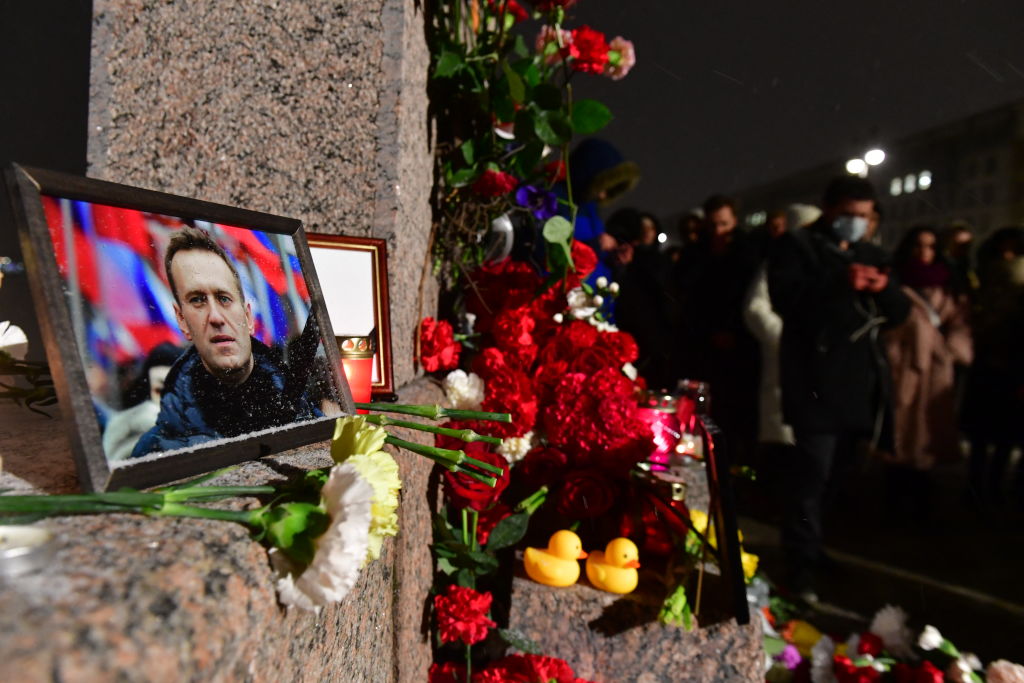








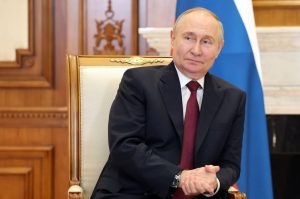
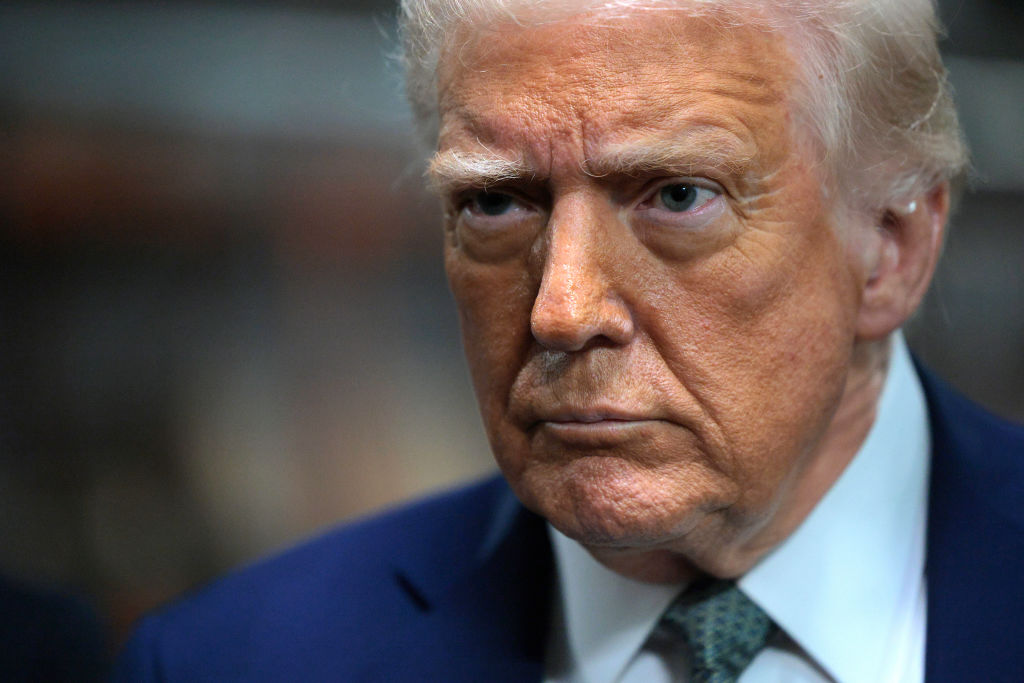
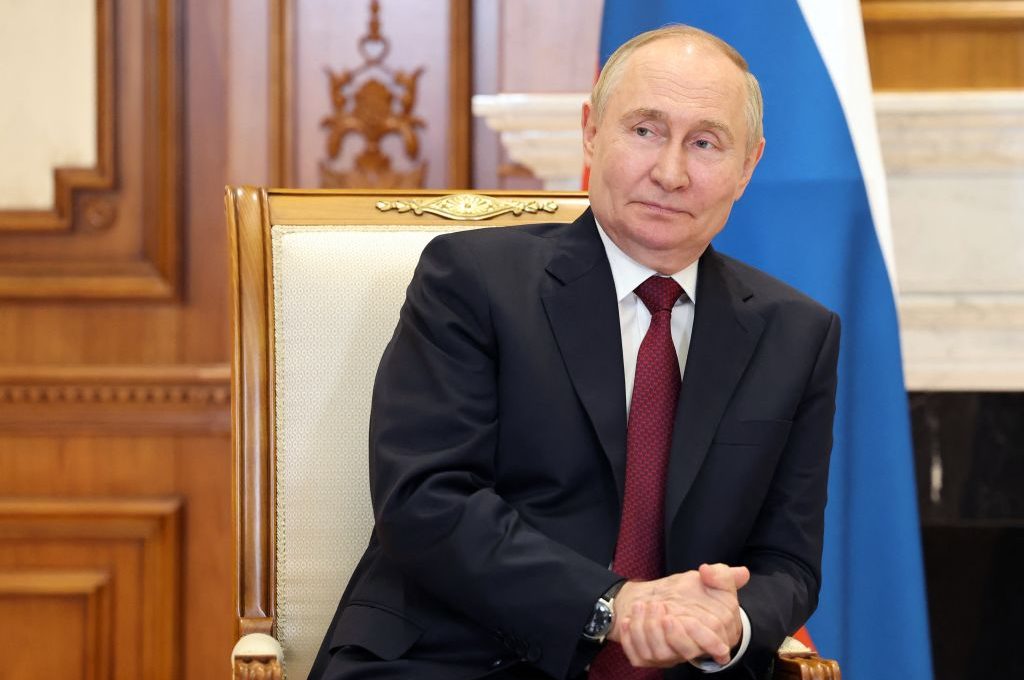
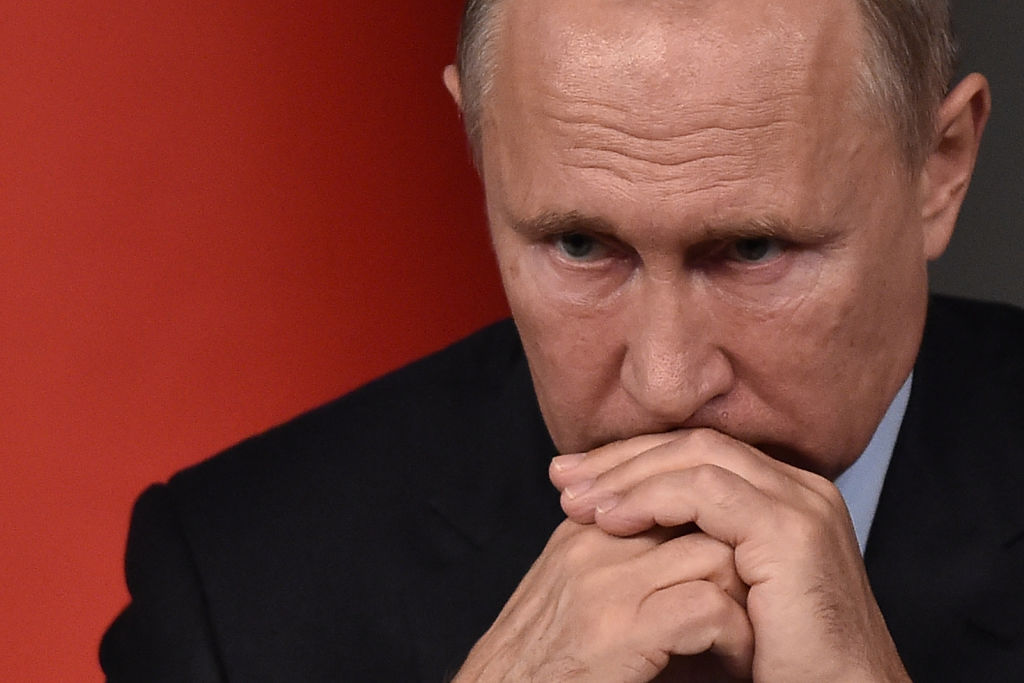
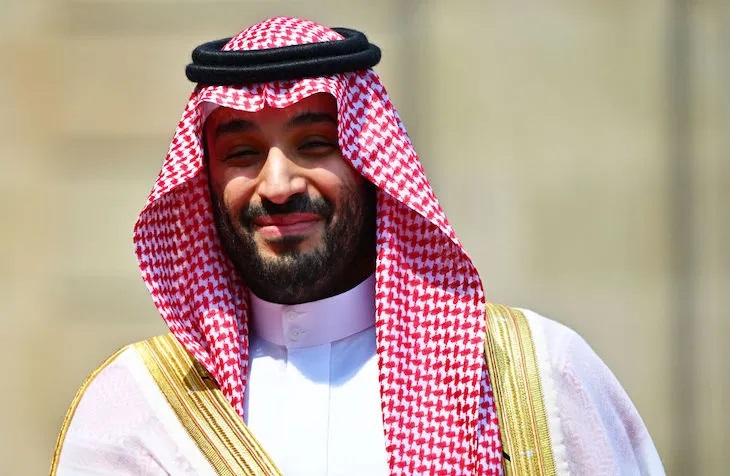
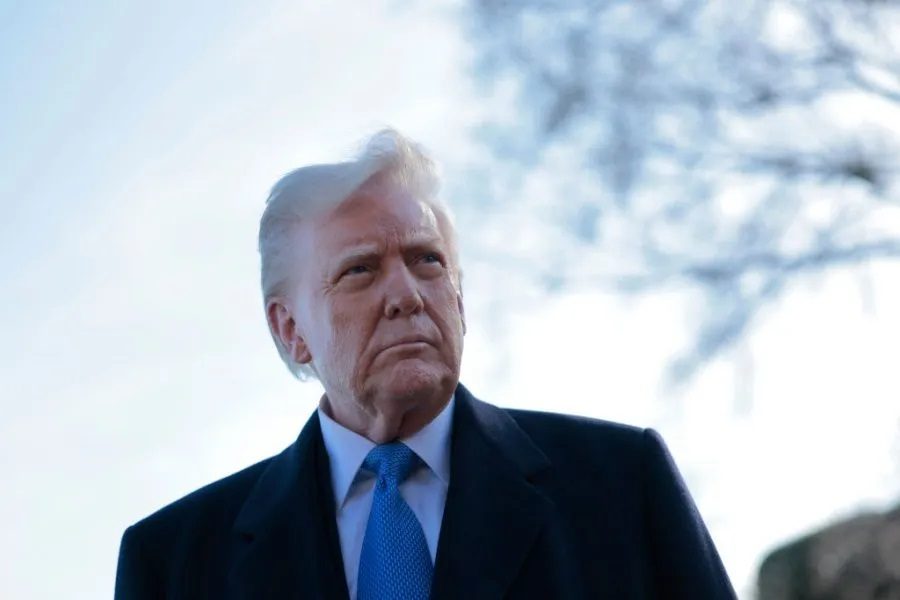
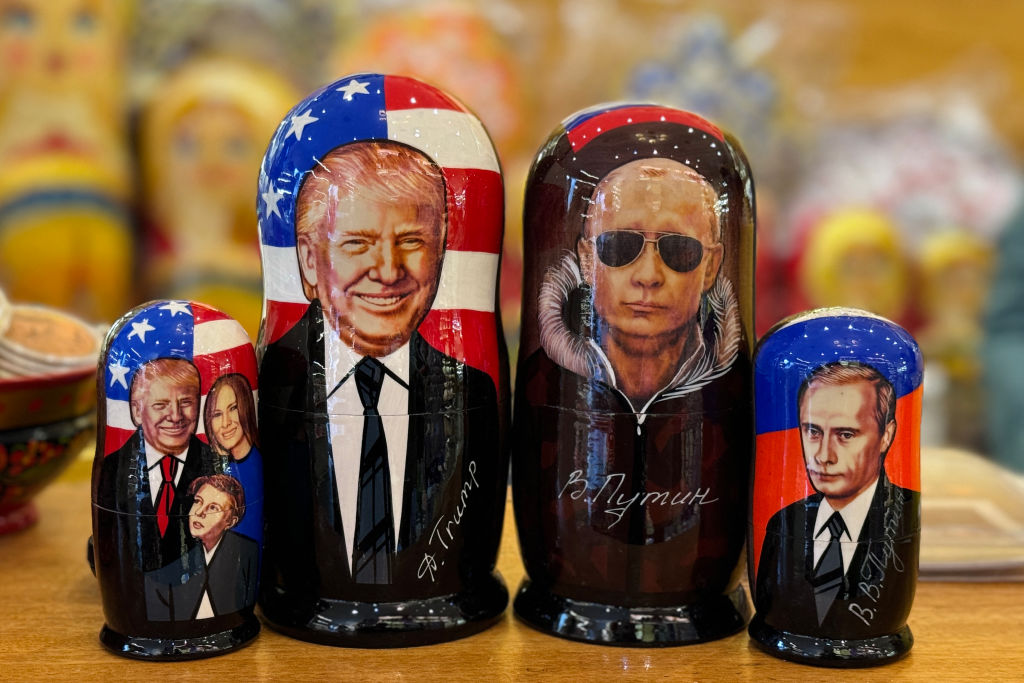







Leave a Reply